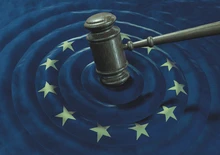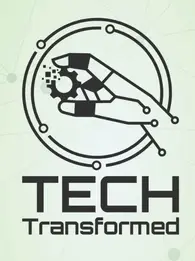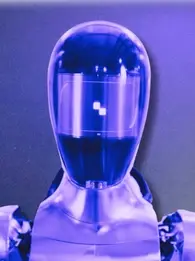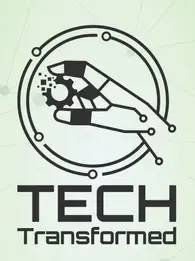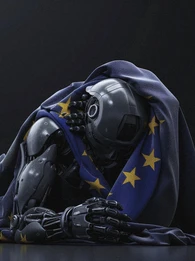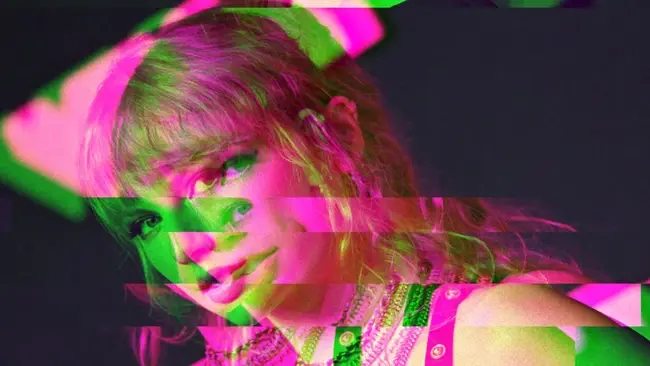
US Regulators are stepping up their campaigns to regulate AI following a slew of explicit AI deepfake images of Taylor Swift going viral on social media this week.
The viral non-consensual images, which appear to have been made using an AI image generator, show the pop star in sexually suggestive and explicit positions at a football game.
One image shared by a user on X, formerly Twitter, was viewed 47 million in the 17 or so hours before the account was suspended.
X suspended several accounts that posted deepfakes, but the images were shared on other social media platforms including Instagram and Reddit and continued to spread despite those companies’ efforts to remove them.
“This is a prime example of the ways in which AI is being unleashed for a lot of nefarious reasons without enough guardrails in place to protect the public square,” Ben Decker, who runs the digital investigations agency Memetica told CNN.
“Social media companies don’t really have effective plans in place to necessarily monitor the content,”.
Regulation on AI Deepfakes
Reality Defender, a cybersecurity company focused on detecting AI, determined with almost certainty that the deepfake images were created using a diffusion model – an AI technology accessible through more than 100,000 apps and publicly available models.
With such dangerous technology being so accessible, multiple US government officials have called for lawmakers to introduce regulations to control its use online and protect US citizens from the risks it presents.
"Intimate deepfake images like those targeting Taylor Swift are disturbing, and sadly, they’re becoming more and more pervasive across the internet," said a US representative. Joe Morelle said in a statement. “I’m appalled this type of exploitation isn’t a federal crime,” he added.
Read: What are Deepfakes and Why Are They Dangerous?
US Representative Tom Kean Jr, who has been pushing for regulations to regulate AI and the tech companies developing them, said the nonessential AI images demonstrate the need for laws to protect the US public from the dangers of AI.
"It is clear that AI technology is advancing faster than the necessary guardrails,” Republican Representative Tom Kean Jr. said in a statement issued on Thursday.
“Whether the victim is Taylor Swift or any young person across our country, we need to establish safeguards to combat this alarming trend. My bill, the AI Labeling Act, would be a very significant step forward."
There are already regulations being introduced around the world to protect the public from the fast pace of AI development. The EU AI Act for instance, recently passed its final phase and is set to be made law sometime this year.
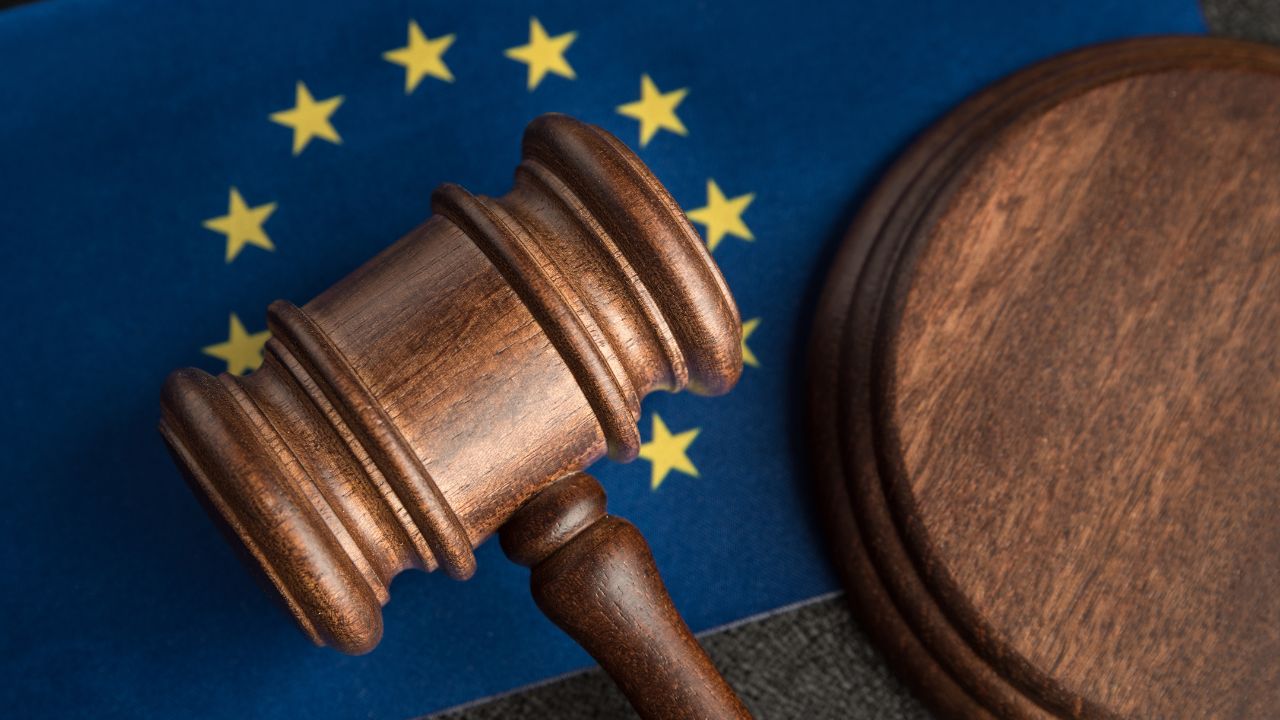
However, these regulations only cover the use of data in training AI systems and do not have any specific measures to protect the public from the exploitative use of AI image generators and deepfakes.
Kean introduced the AI Labeling Act to help ensure people know when they are viewing AI-manufactured content or interacting with an AI chatbot by requiring clear labels and disclosures.
Kean is also pushing a Preventing Deepfakes of Intimate Images Act. The legislation, Kean says, will provide "proper guardrails and transparency essential for fostering a sense of responsibility among AI companies and individuals using AI."
“As a father, I am deeply disturbed by how effortlessly this kind of technology can be used in an explicit nature and minors can easily be the victims,” the politician said at the press conference earlier this month. “We live in a highly advanced technological world that is ever-changing and proper oversight is necessary.
‘Abusive, offensive, exploitative’
This is not the first time AI-generated images have made waves on social media. Users active on X last year might remember the viral AI deepfakes of former US president Donald Trump getting arrested in the streets of New York, or of the pope wearing a white puffer coat.
These images were made to trick people online into thinking they were real photos, and many believed and still believed the images were real.
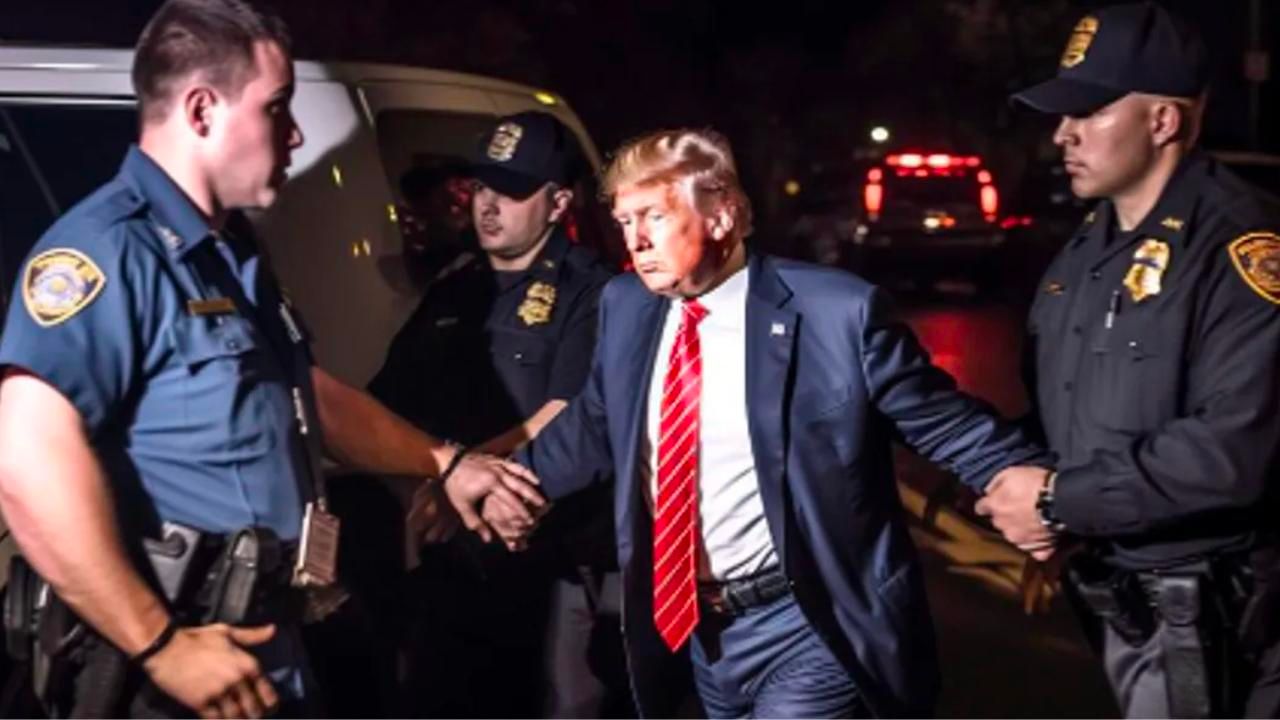
But these images of Taylor Swift are the first AI deepfake explicit images of a celebrity to spread so widely online, demonstrating the exploitative nature of AI-generated content beyond its exploitation in politics and phishing scams.
It is reported that Taylor Swift is considering taking legal action against the website that first shared the images, but it is unclear if those who originally posted the images can be traced back
A source close to Swift told several media outlets on Thursday: 'Whether or not legal action will be taken is being decided but there is one thing that is clear: these fake AI-generated images are abusive, offensive, exploitative, and done without Taylor’s consent and/or knowledge.
The Twitter account that posted them does not exist anymore. It is shocking that the social media platform even let them be up, to begin with.
'These images must be removed from everywhere they exist and should not be promoted by anyone. 'Taylor’s circle of family and friends are furious, as are her fans obviously.”
“They have the right to be, and every woman should be,” they added.





